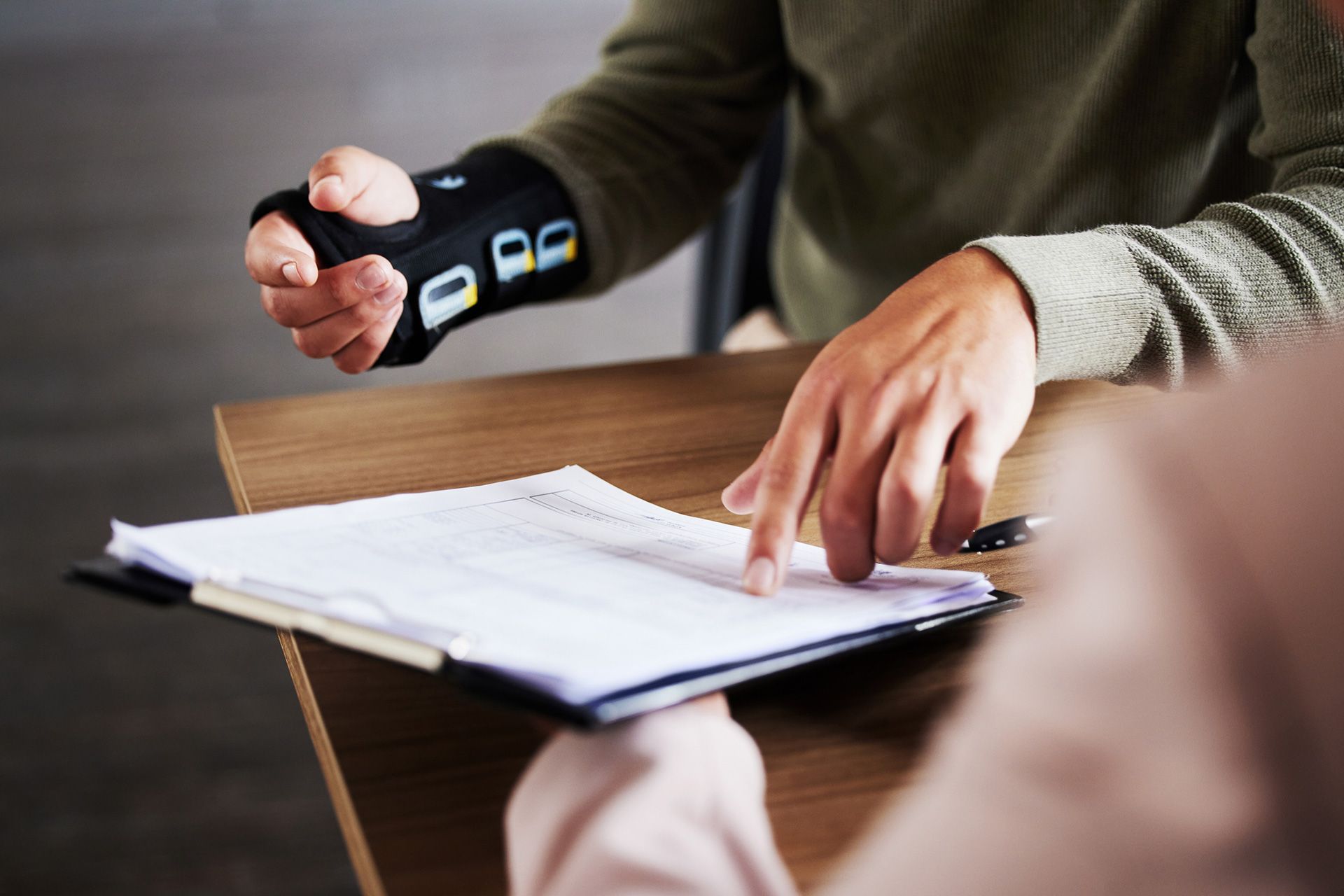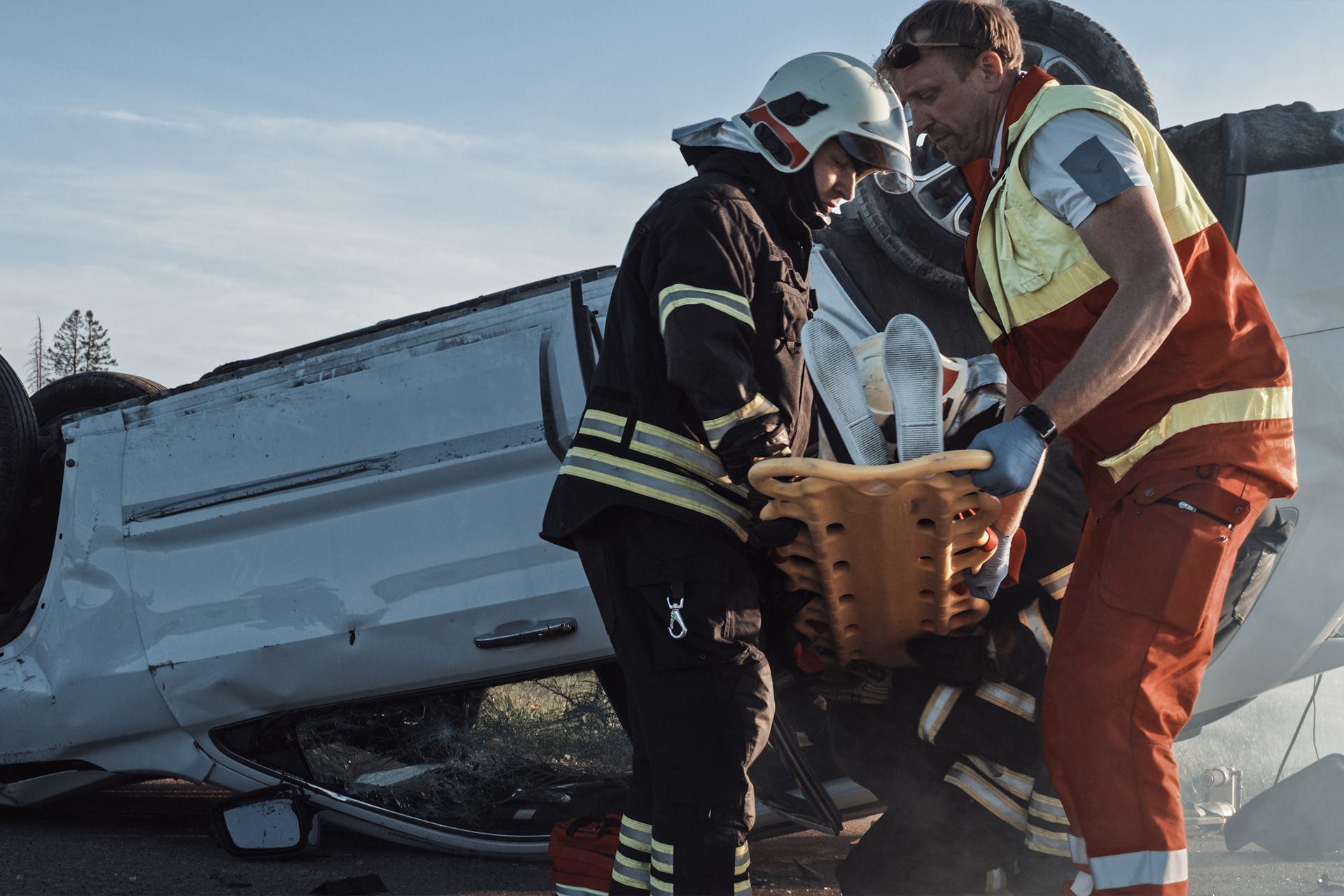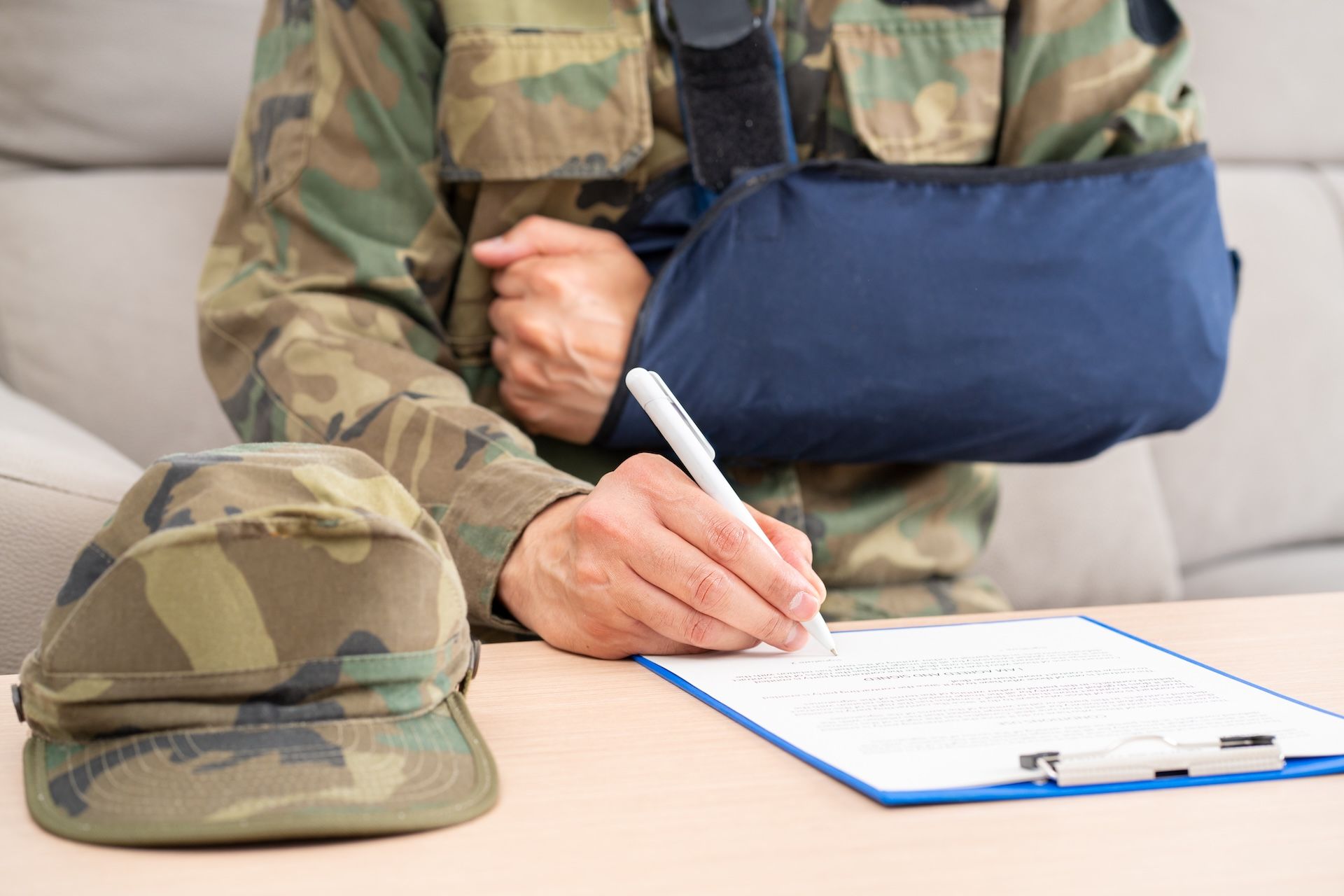Francesco Alessio v. Amsterdam 78, LLC and Marson Contracting Co., Inc.

Case Name
Francesco Alessio v. Amsterdam 78, LLC and Marson Contracting Co., Inc.
Type of Injury
BACK AND KNEE INJURIES
Occupation
Ironworker
Location
Bronx, New York
Verdict
After selection of a jury, but prior to the scheduled start of opening statements, the parties negotiated a settlement. Certified Interiors’ primary insurer tendered its policy, which provided $1 million of coverage; Certified Interiors’ excess insurer agreed to pay $1 million; the remaining defendants’ primary insurer tendered its policy, which provided $1 million of coverage; and their excess insurer agreed to pay $2.9 million. Thus, the settlement totaled $5.9 million.
Verdict Amount
$5,900,000
Case Details
On Jan. 14, 2009, plaintiff Francesco Alessio, 47, a union-affiliated ironworker, worked at a construction site that was located at 230 W. 78th St., in Manhattan. While Alessio was backpedaling, he inadvertently stepped into a hole that had been created to house electrical or plumbing lines. He fell onto the floor, and he claimed that he suffered injuries of his back and a knee.
Alessio sued the construction project’s general contractor, Marson Contracting Co. Inc.; one of the project’s subcontractors, Certified Interiors Inc.; and the premises’ owner, Amsterdam 78, LLC. Alessio alleged that the defendants violated the New York State Labor Law.
Alessio claimed that the hole was not protected by a barricade or any other device that could have prevented the accident. He also contended that the work area was not adequately lighted. He claimed that the resultant dark conditions camouflaged the hole. He further claimed that the site’s managers had received complaints regarding inadequate lighting and unprotected holes.
Plaintiff’s counsel contended that the defendants violated New York Codes, Rules, and Regulations title 23, part 1.7(b)(1), which addresses protection of holes or openings that could cause falls, and New York Codes, Rules, and Regulations title 23, part 1.3, which addresses safety requirements at construction, demolition and excavation sites. Plaintiff’s counsel contended that the violations established that the defendants failed to provide or ensure reasonable and adequate protection, as required by Labor Law § 241(6). Plaintiff’s counsel also contended that the defendants violated Labor Law § 200, which defines general workplace-safety requirements.
Disclaimer: The information on this website and blog is for general informational purposes only and is not professional advice. We make no guarantees of accuracy or completeness. We disclaim all liability for errors, omissions, or reliance on this content. Always consult a qualified professional for specific guidance.








